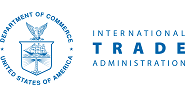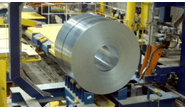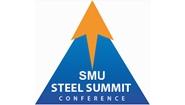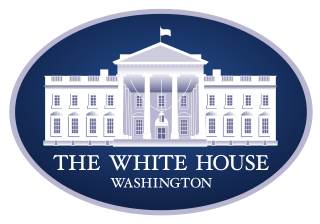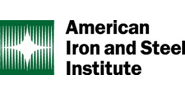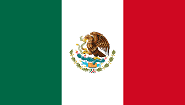US mills have filed or soon will file a sprawling trade petition against imports of coated flat-rolled steel from 10 countries.
The petition seeks anti-dumping margins against Canada, Mexico, Brazil, the Netherlands, Turkey, the United Arab Emirates, Vietnam, Taiwan, Australia, and South Africa. It also seeks countervailing duty margins against Canada, Mexico, Brazil, and Vietnam.
That’s according documents dated Sept. 5 and addressed to Commerce Secretary Gina Raimondo and International Trade Commission (ITC) Secretary Lisa Barton.
